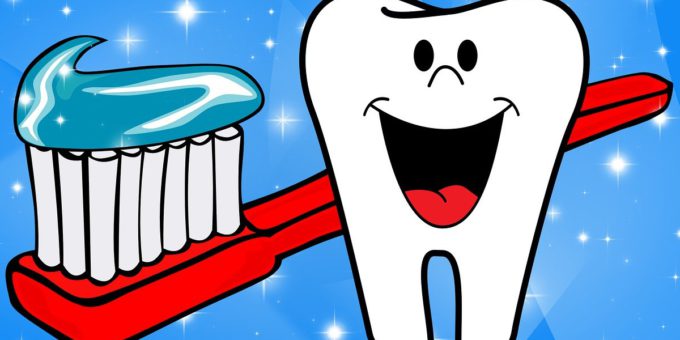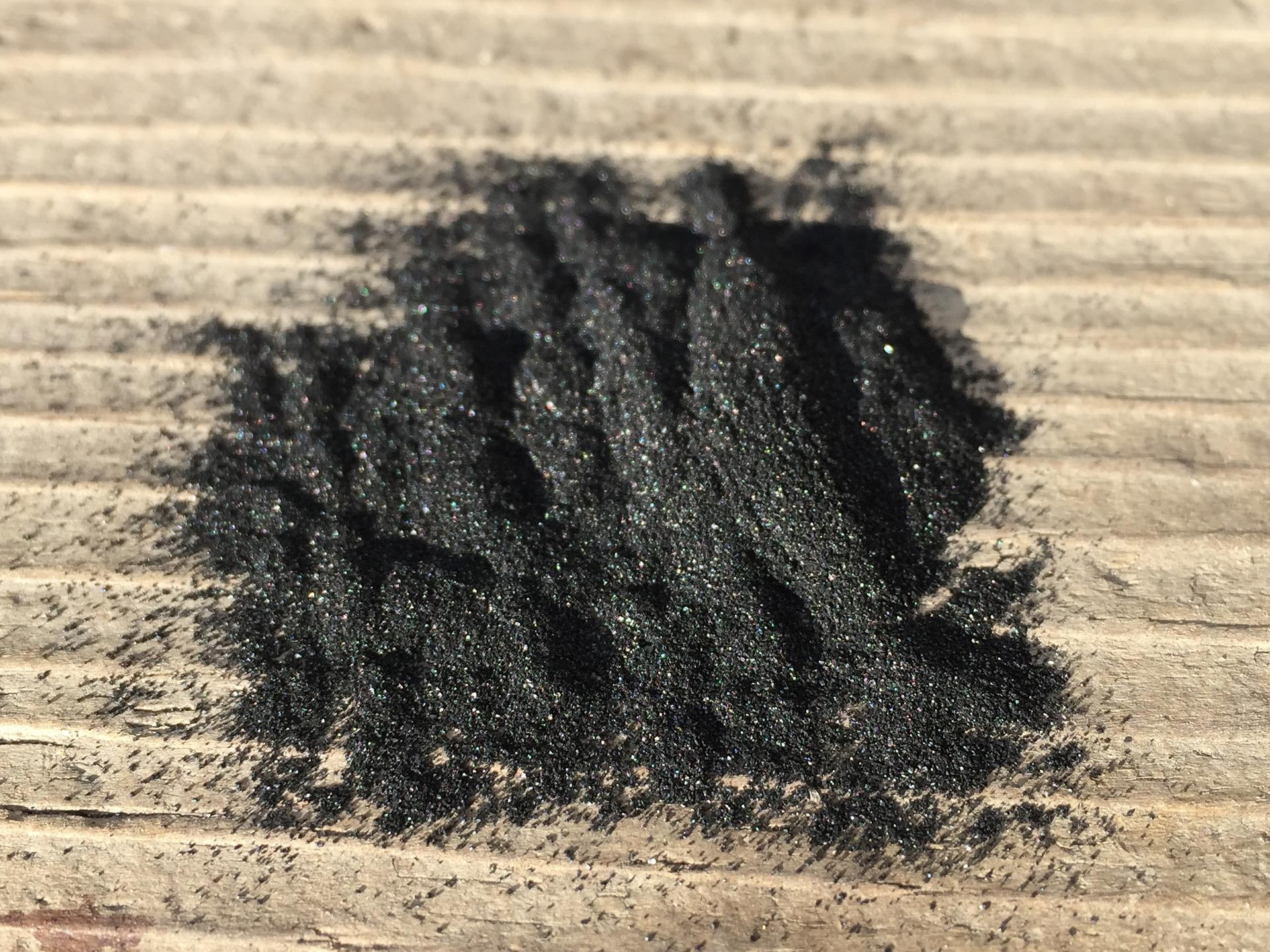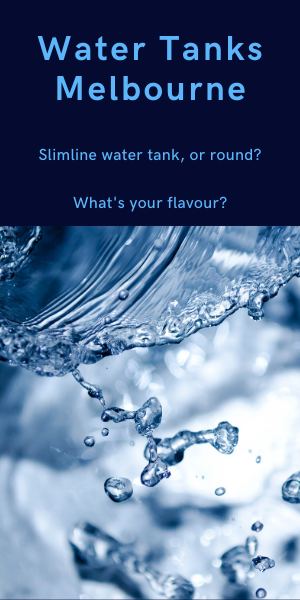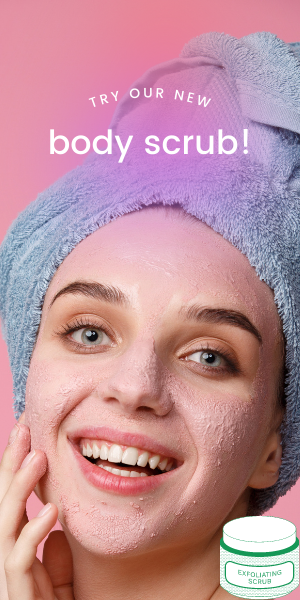
According to the Pharmaceutical Journal, while anecdotes and stories are plentiful, there are currently no scientific studies that prove or disprove the advertised benefits of charcoal for teeth whitening. In conclusion, there is little or no evidence that charcoal teeth whitening products whiten teeth, while their harmful potential is also unknown. Given that these products supposedly work by removing and absorbing stains and bacteria, there is a risk that charcoal toothpaste might be overly abrasive.
While wasting money is already bad enough, it’s still important to know if charcoal teeth whitening products are bad for your teeth. While charcoal is not inherently harmful, there are many good reasons why you should use other teeth whitening methods. If you are considering using charcoal or any other home whitening method, you should be aware that not all teeth can or should be whitened. Charcoal is effective in removing superficial stains on teeth, but there is also a risk that using charcoal to whiten teeth can lead to enamel erosion.
The idea behind activated charcoal for teeth whitening is that the micropores of the charcoal will bind and remove toxins from the teeth, thus returning the teeth to their original white state. It helps remove plaque and stains from the surface of your teeth. Activated charcoal powder does not whiten teeth, it only removes stains that form on the surface of tooth enamel.
 Activated charcoals are notorious for their ability to absorb chemicals; however, it is not clear whether the toothpaste absorbs stains from tooth enamel or simply rubs against the surface of the teeth. Yes, it removes stains from the surface of the teeth, but it cannot stop yellowing and other serious stains. However, there is no evidence that charcoal has any effect on stains under tooth enamel or that it has a natural whitening effect. Activated charcoal can be an effective tooth whitening agent for most people because it naturally binds to coffee, tea, wine, and tobacco, which stains the surface of the teeth.
Activated charcoals are notorious for their ability to absorb chemicals; however, it is not clear whether the toothpaste absorbs stains from tooth enamel or simply rubs against the surface of the teeth. Yes, it removes stains from the surface of the teeth, but it cannot stop yellowing and other serious stains. However, there is no evidence that charcoal has any effect on stains under tooth enamel or that it has a natural whitening effect. Activated charcoal can be an effective tooth whitening agent for most people because it naturally binds to coffee, tea, wine, and tobacco, which stains the surface of the teeth.
Others argue that charcoal isn’t particularly bad for your teeth, it just won’t do much good for your smile in the long run because the active ingredient doesn’t come into contact with the tooth surface long enough to have a significant whitening effect. Regardless of the abrasive nature of activated charcoal, it doesn’t harm your teeth on its own, but if you brush your teeth, it likely won’t do you much good in the long run, as it doesn’t have enough time to stay on the surface. This is a reasonable guess, but rest assured that the charcoal teeth whitening method will not leave your mouth black and your teeth grey. If you’re worried that charcoal teeth whitening will damage your tooth enamel, you can always apply the paste to your teeth and leave it on for a few minutes.
If your tooth enamel surface is discoloured by tea, wine, tobacco, and coffee stains, you can use baking soda or activated charcoal whitening powder to remove the stains without going to the dentist. Another important thing to note is that there is a difference between removing stains from your teeth (the main requirement of activated charcoal toothpaste) and whitening. This is because activated teeth whiteners use fine charcoal powder that can sometimes stick to the gum line, and the best way to remove charcoal residue is to rinse your teeth thoroughly and use regular toothpaste.
While the effectiveness of traditional whitening toothpaste depends on brushing, charcoal pastes can “remove” some stains from surfaces without brushing. For some people, whitening toothpaste may be all they need to remove surface stains and whiten their teeth. Either way, if you’re looking for whiter teeth, ask your dentist what whitening procedures they recommend.
If expensive whitening procedures are used excessively, teeth can become porous and enamel can erode (source). These traditional methods use bleaching agents to remove extrinsic stains on teeth from cigarette smoking or consumption of foods and drinks such as red wine or coffee, as well as natural tooth discolouration due to aging, medication, or injury.
Charcoal whitening seems to do a pretty good job of removing the most stubborn stains from coffee, dark soda, and wine. Charcoal has become a popular ingredient in commercial masks and scrubs, and some people swear it also whitens teeth. Fans of charcoal toothpaste claim it whitens teeth and freshens breath better than a scoop of any other toothpaste on drugstore shelves, and nowadays charcoal (in its activated form, not in briquettes used for food) can be found in any of the nutritional supplements. to face masks.
It may seem counterintuitive due to its black colour, but charcoal has a history of being used as a toothpaste or dentifrice scrub. New research has cast doubt on whether charcoal does more harm than good when it comes to teeth. Although there have been no studies to prove that charcoal damages teeth, the problem is that there are no official tests yet to prove that it does not damage teeth.








